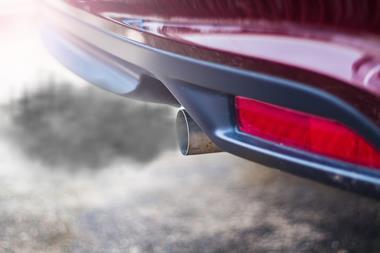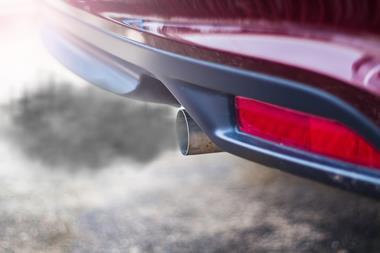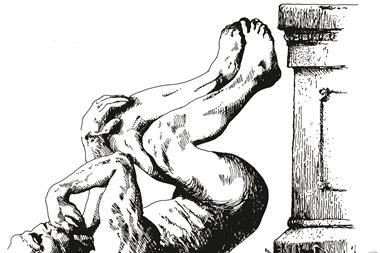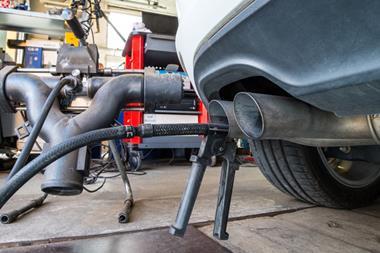Emissions cheating scandal has led to the arrest of six senior employees at the company, just as Fiat comes under fire
Volkswagen (VW) has been embroiled in controversy since it was caught dodging emissions standards and importing falsely certified vehicles into the US in September 2015. Now, the company’s punishment has been determined just as a new emissions scandal is brewing.
The US Department of Justice (DOJ) announced on 11 January that six senior VW employees have been indicted by a grand jury, and the company will pay $4.3 billion (£3.5 billion) in penalties after pleading guilty to three criminal felony counts.
The DOJ said that VW had used ‘cheating software’ to circumvent the US testing process and destroyed documents to hide those activities. ‘This wasn’t simply the action of some faceless, multinational corporation,’ stated Deputy Attorney General Sally Yates. ‘This conspiracy involved flesh and blood individuals who used their positions within Volkswagen to deceive both regulators and consumers.’
In the US, VW has already reached a $15 billion settlement with consumers, the government and California state regulators, so these new penalties bring the company’s overall fines related to the emissions scandal in the country to roughly $20 billion.
Such steep penalties might sink most companies and result in layoffs, remarks Drew Kodjak, executive director of the non-profit International Council on Clean Transportation. ‘That is certainly not right,’ he says. ‘It is more appropriate […] to bring the penalties on those individuals that were responsible for, or related to, the actions that were illegal.’
Volkswagen Group’s chief executive Matthias Müller said the company ‘deeply regrets the behaviour that gave rise to the diesel crisis,’ and stressed that the company has ‘worked tirelessly’ to make things right. ‘The agreements that we have reached with the US government reflect our determination to address misconduct that went against all of the values Volkswagen holds so dear,’ he stated.
Meanwhile, the US Environmental Protection Agency (EPA) alleged on 12 January that Fiat Chrysler Automobiles violated the US Clean Air Act by secretly installing engine management software in about 104,000 diesel vehicles. The agency said the undisclosed software results in increased emissions of nitrogen oxides from the vehicles.
The EPA said it is also investigating whether the Fiat auxiliary emission control devices in question constitute so-called ‘defeat devices’, which are illegal because they significantly reduce the effectiveness of emissions control systems under normal driving conditions.
‘There are certainly similarities between the Fiat case and the VW case,’ says Kodjak. ‘We are talking about vehicles outfitted with software that identifies when the vehicles are being tested and then diminishes, or shuts down completely, the emissions control technologies under normal operating conditions,’ he explains. The EPA has not yet determined whether Fiat’s software constitute ‘defeat devices’.
Fiat Chrysler US indicated its disappointment with the EPA’s action, and said it plans to work with the incoming Trump administration to present its case and ‘resolve this matter fairly and equitably’.

















No comments yet